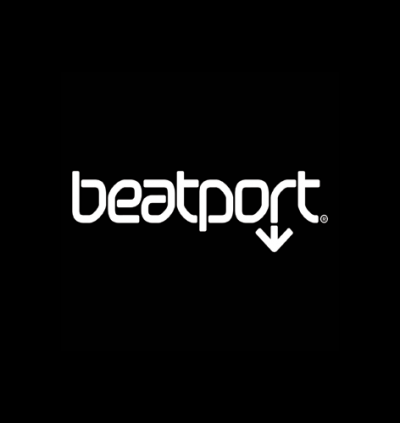Schon lange ist es kein Geheimnis mehr: Auf Beatport wird gelogen und betrogen. Chartspositionen werden durch sogenannte “Boots” in die Höhe katapulitiert. Da reichen laut internen Aussagen schon 100 gekonnt platzierte Verkäufe, um in einem Genre in die Top 10 zu kommen.
Jetzt sagt Beatport den Betrügern den Kampf an. Auf seiner Website sagt Beatport, dass durch die mutwillig veränderten Charts immer andere darunter zu leiden hätten. Daher sollen in Zukunft auch Labels, die nachweislich ihre Charts boosten, gebannt werden.
Spinnin Records unter Verdacht?
Ein häufig gelesener und beantworteter Kommentar unter dem Originalstatement von Beatport sagt: “Wenn ihr das ankündigt, müsstet ihr Spinnin Records schon längst gebannt haben”. Das EDM-Erfolgslabel fährt ständig mit gleich mehreren Nummern unter den Top10 der Beatportcharts weltweit.
Lest hier das Originalstatement der Musikplattform:
“The music business has always been difficult to break into for any artist, regardless of style or genre. For DJs, it’s getting even harder given the increasing competition. Innovations in technology have lowered the barrier to entry for creating dance music, while the press attention on our community means interest is higher. The result is more DJs and producers making more music than ever. More competition makes it harder to get noticed.
The history of the music industry is filled with scam artists who claim to offer shortcuts to success. Payola, MySpace bots, fake “likes,” phantom “plays,” paid “followers.” Like every other digital platform, Beatport has seen its share of fraud—artists and labels who try to boost their sales chart position as a way to generate attention and gain “We’re No. 1” bragging rights.
We’re flattered that a Beatport chart position can have such a profound impact on a DJ’s career. It’s what drives us to do everything in our power to ensure that the DJs gaining that recognition deserve it. To do so requires constant vigilance, innovation, and communication. Over the past few years, we’ve noticed an increase in services offering to boost a track’s Beatport chart position for a price.
In response, we monitor our charts daily, looking for anomalies. We’ve built and continue to improve upon technology to prevent chart-boosting efforts. We’re not saying we’ve succeeded or will succeed every time, but we’re getting better at it every day.
When we spot a boosted record or track, we remove it from the store, and we’ll continue to do so. Our next step is to permanently ban the offending artists and labels. And we’re not bluffing.
As much as this type of thing saddens us, it makes us angry even more. To anyone tempted to use one of these so-called chart-boosting services, we urge you to first consider the cost. Not the monetary cost of what these scams charge, but rather the cost to your career, to your reputation, and the cost to your soul.
First, if you’re artificially boosting your sales to fake the demand needed to score a favorable chart position, you’re robbing someone else, someone more deserving, of that same spot. You’re doing more than cheating. You’re stealing. You’re lying. You’re taking false credit for something you didn’t earn, and you’re hurting someone else by doing so.
Second, chart-boosting rarely works. There are some very easy and obvious clues that help us spot the scammers. These scammers talk a good game, but they’re really just preying on the desperation of aspiring DJs in order to line their own pockets. More often than not, the money spent on these scams is just wasted.
Third, you might get caught. There’s nothing the music industry hates more than an exposed fraud. Do you really want to chance short-term gain for long-term embarrassment?
Cheating is as destructive a vice as there is. Success won legitimately and organically is far sweeter than taking any shortcut, no matter how tempting, easy or anonymous it may seem at the time. Those trying to cheat are being watched…not only by us, but by the entire community.”
